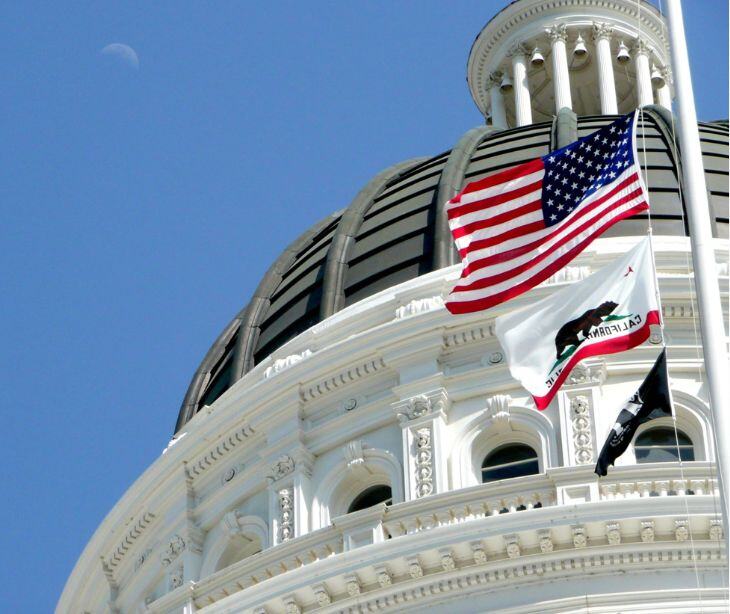
A Texas judge has blocked a federal privacy rule, citing conflicts with state laws on abortion and gender care.
What happened
A federal judge in Texas has ruled that the Biden administration likely exceeded its authority with a rule aimed at strengthening privacy protections for women seeking abortions and patients receiving gender transition treatments. On Sunday, U.S. District Judge Matthew Kacsmaryk granted a preliminary injunction, temporarily blocking the U.S. Department of Health and Human Services (HHS) from enforcing the rule against Texas physician Carmen Purl. The lawsuit, filed by Purl and her business with the assistance of the conservative legal group Alliance Defending Freedom, argued that the rule was unlawful.
Going deeper
The contested rule, issued by HHS in April, was part of the Biden administration’s broader effort to safeguard access to reproductive healthcare following the Supreme Court’s 2022 decision overturning Roe v. Wade. The regulation prohibited healthcare providers and insurers from disclosing information about legal abortions to state law enforcement authorities trying to punish individuals in connection with such abortions.
Dr. Purl’s lawsuit argued that the rule could interfere with her ability to report cases where a patient is being coerced into an abortion or a minor is scheduled for gender-affirming treatment in violation of Texas law. In response, HHS stated that the rule does not impede mandatory reporting of child abuse, as it only restricts disclosures directed at enforcing abortion-related penalties. However, Judge Kacsmaryk sided with Purl, citing the complexity of understanding the rule as a nonlawyer physician.
What was said
Julie Marie Blake, a lawyer for Alliance Defending Freedom, praised the ruling, stating that “doctors and states should be able to protect patients from abuse” and criticizing the rule for allegedly misusing privacy laws. Conversely, Liz Taylor, a lawyer from the Center for Reproductive Rights, denounced the lawsuit as “shameful” and part of a larger campaign to deter individuals from seeking reproductive healthcare.
The big picture
This ruling reflects ongoing tensions over healthcare privacy and access in the aftermath of Roe v. Wade’s reversal. While the Biden administration seeks to protect patient data and reproductive rights, opponents argue that such rules overreach federal authority and conflict with state laws. The case shows the broader debates about balancing privacy protections with mandatory reporting obligations, particularly as states with abortion bans impose stricter restrictions. As legal challenges to federal privacy rules continue, the precedent set by this case could shape future policies on patient confidentiality and reproductive healthcare access.
FAQs
What is the role of the U.S. Department of Health and Human Services (HHS) in regulating healthcare privacy?
HHS oversees the enforcement of privacy rules, such as those under HIPAA, to protect patient information, but its authority in specific cases can be challenged in court.
What does a preliminary injunction mean in legal terms?
A preliminary injunction temporarily prevents a rule or law from being enforced while a court case is ongoing, without making a final decision on its legality.
How do federal privacy rules interact with state laws on healthcare?
Federal rules often set a baseline for privacy, but states can have their own, stricter laws. Conflicts arise when state laws seem to contradict federal protections, leading to legal disputes.
What is mandatory reporting, and how does it relate to healthcare providers?
Mandatory reporting laws require healthcare providers to report certain information, like child abuse or threats of harm, which can sometimes conflict with patient privacy protections.
Who is Alliance Defending Freedom, and what is their involvement in healthcare cases?
Alliance Defending Freedom is a conservative legal group that often represents clients in cases involving religious freedom, healthcare laws, and challenges to federal regulations.


%20-%202024-10-11T061116.402.jpg)

